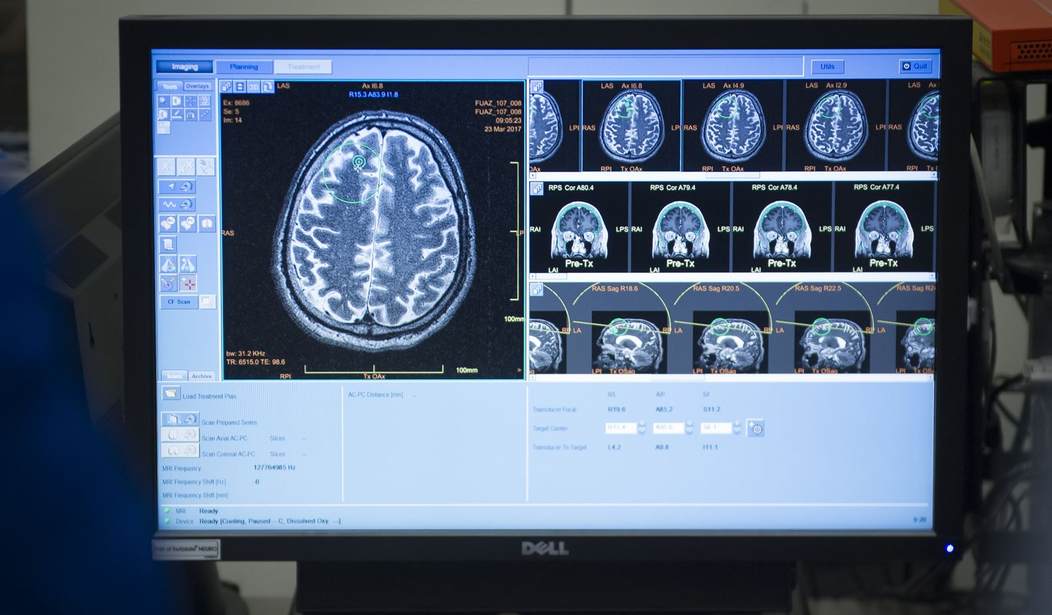It may or may not be the most significant retraction of a scientific paper ever, but it certainly is in the ballpark.
The paper helped create and sustain the theory that amyloid protein buildups caused the symptoms of Alzheimer's Disease and was one of a number of apparently fraudulent papers written by Sylvain Lesné, a professor at the University of Minnesota, Twin Cities.
Scientific fraud in pursuit of the amyloid hypothesis in Alzheimer's https://t.co/cyB7lAStaS
— Dr. Jason Fung (@drjasonfung) June 5, 2024
All the paper's authors agreed to retract, save Lesné, who has been under investigation for manipulating data.
Authors of a landmark Alzheimer’s disease research paper published in Nature in 2006 have agreed to retract the study in response to allegations of image manipulation. University of Minnesota (UMN) Twin Cities neuroscientist Karen Ashe, the paper’s senior author, acknowledged in a post on the journal discussion site PubPeer that the paper contains doctored images. The study has been cited nearly 2500 times, and would be the most cited paper ever to be retracted, according to Retraction Watch data.
“Although I had no knowledge of any image manipulations in the published paper until it was brought to my attention two years ago,” Ashe wrote on PubPeer, “it is clear that several of the figures in Lesné et al. (2006) have been manipulated … for which I as the senior and corresponding author take ultimate responsibility.”
After initially arguing the paper’s problems could be addressed with a correction, Ashe said in another post last week that all of the authors had agreed to a retraction—with the exception of its first author, UMN neuro- scientist Sylvain Lesné, a protégé of Ashe’s who was the focus of a 2022 investigation by Science. A Nature spokesperson would not comment on the journal’s plans.
What makes this retraction so significant is that it has driven research into Alzheimer's treatments for nearly two decades, and treatment approaches based on its conclusions have failed to yield results.
If the hypothesis that amyloid protein buildups cause Alzheimer's symptoms is wrong, Lesné is responsible for perhaps billions of wasted research dollars and two decades of scientists following a false lead.
The 2006 paper suggested an amyloid beta (Aβ) protein called Aβ*56 could cause Alzheimer’s. Aβ proteins have long been linked to the disease. The authors reported that Aβ*56 was present in mice genetically engineered to develop an Alzheimer’s-like condition, and that it built up in step with their cognitive decline. The team also reported memory deficits in rats injected with Aβ*56.
For years researchers had tried to improve Alzheimer’s outcomes by stripping amyloid proteins from the brain, but the experimental drugs all failed. Aβ*56 seemed to offer a more specific and promising therapeutic target, and many embraced the finding. Funding for related work rose sharply.
But the Science investigation revealed evidence that the Nature paper and numerous others co-authored by Lesné, some listing Ashe as senior author, appeared to use manipulated data. After the story was published, leading scientists who had cited the paper to support their own experiments questioned whether Aβ*56 could be reliably detected and purified as described by Lesné and Ashe—or even existed. Some said the problems in that paper and others supported fresh doubts about the dominant hypothesis that amyloid drives Alzheimer’s. Others maintained that the hypothesis remains viable.
If it turns out that the entirety of the work was fraudulent--and there appears to be some dispute--I can imagine no punishment harsh enough for Lesné. Alzheimer's is a horrible disease. Creating fraudulent research to enhance one's career when the stakes are so high is sociopathic.
There appear to be quite a number of sociopaths in the biological sciences if recent evidence is any guide, and very few checks and balances to control for this fact.
Researchers, medical professionals, public health officials, and far too many people in the "caring" professions have been very cavalier with people's lives of late. There are far too many stories from the COVID pandemic about doctors harming their patients--some of the stories of patients being put on ventilators when they weren't needed are heartbreaking, and of course the isolation of patients who were dying was unforgivable.
Dr John Campbell posted a video last week in which he discussed a brewing scandal in Scotland, where many were put on the DNR list without being consulted--some of whom had pre-existing conditions as minor as hearing loss.
Hearing loss.
WE need to realize that credentials do not confer immunity from scrutiny, nor do they indicate any special status as ethical human beings. They are signifiers of meeting some threshold criteria, and nothing more.
This is an age of scientific scandals. Science is now a multi-billion dollar industry, and one that gets far too little scrutiny. That has to change.








Join the conversation as a VIP Member